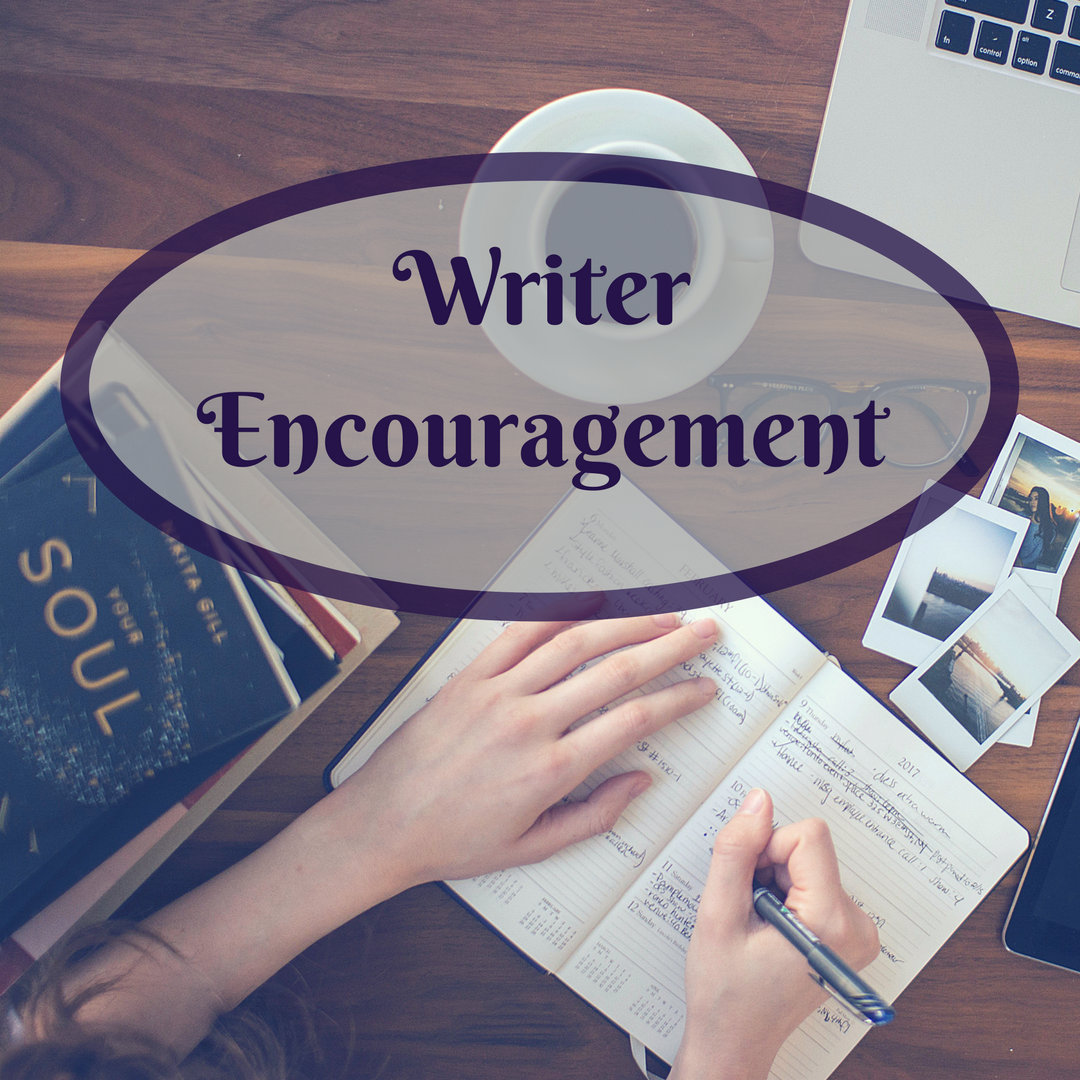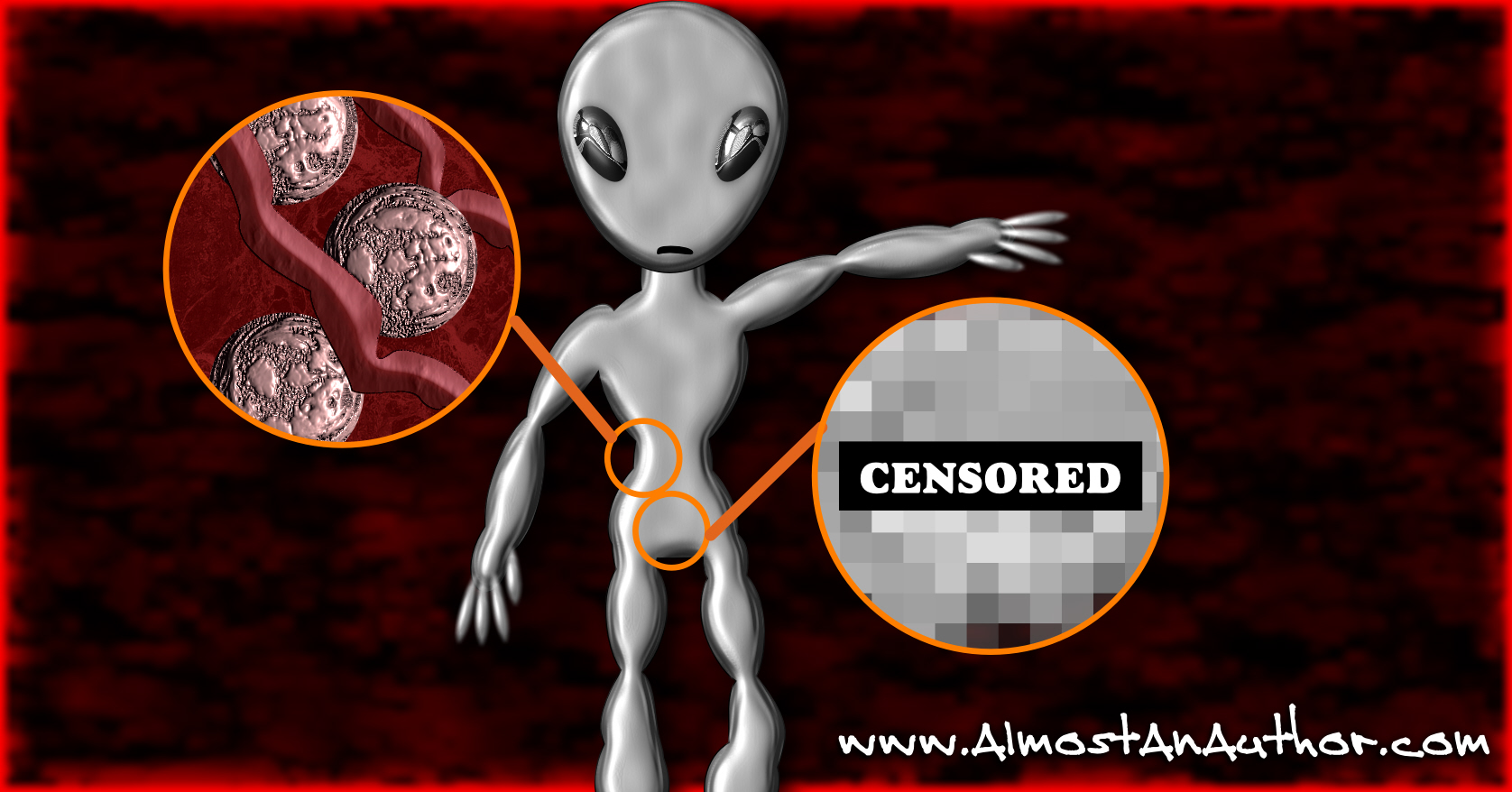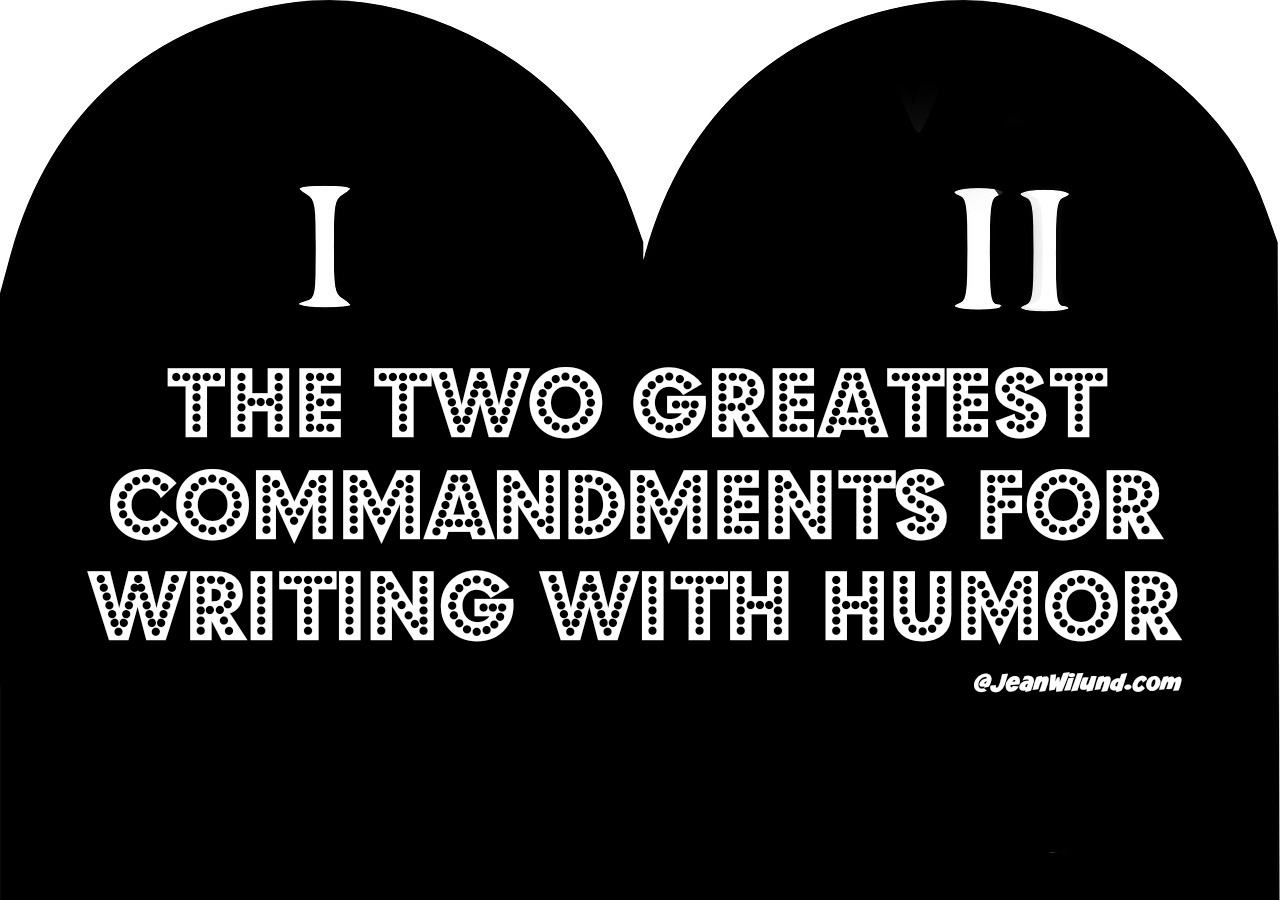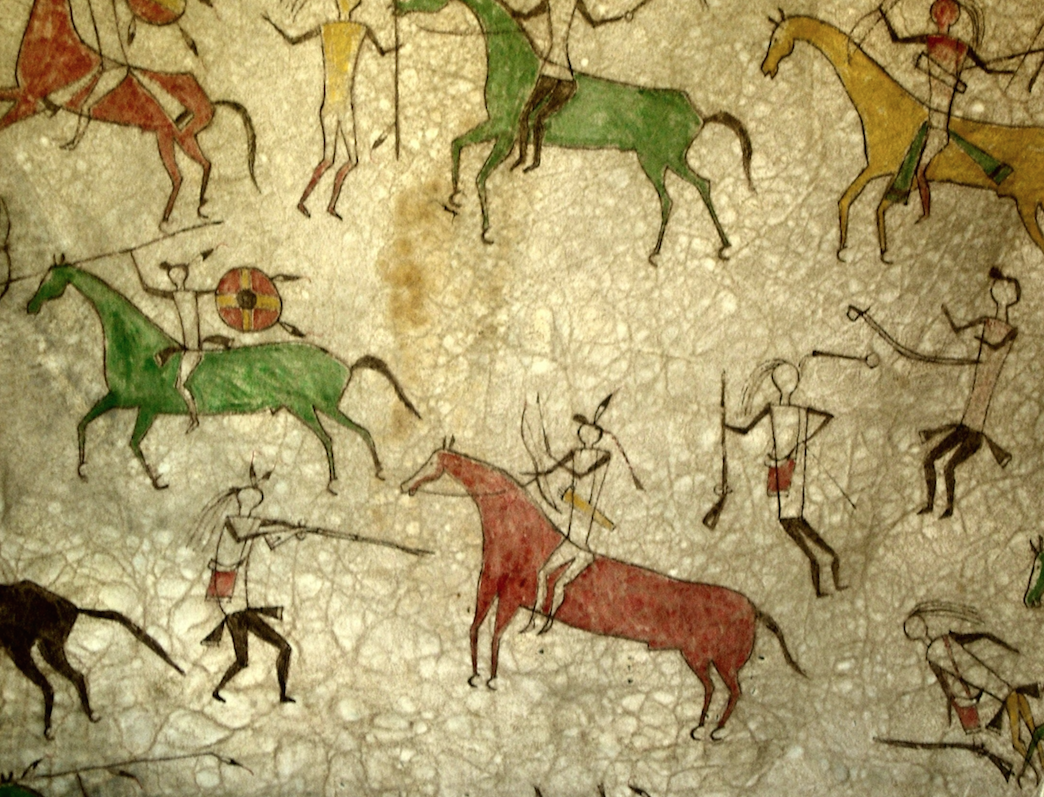
Writers Chat Recap for September Part 1
Writers Chat, hosted by Johnnie Alexander, Brandy Brow, and Melissa Stroh, is the show where we talk about all…
September 20, 2024
Writers Chat, hosted by Johnnie Alexander, Brandy Brow, and Melissa Stroh, is the show where we talk about all…
September 20, 2024
We are coming upon the time of the year I call “conference season,” when most writers conferences are held.…
February 7, 2024
Writers Chat, hosted by Jean Wise, Johnnie Alexander, and Brandy Brow, is the show where we talk about all…
March 2, 2023
Writers Chat, hosted by Jean Wise, Johnnie Alexander, and Brandy Brow, is the show where we talk about all…
December 19, 2022
Imagine the grandest parade you’ve ever seen. Maybe you’re watching the Macy’s Thanksgiving Day Parade in person with three…
December 3, 2022
Even though Christmas items have been up in stores for what seems like forever, ’tis the season of .…
November 6, 2022Writers Chat, hosted by Jean Wise, Johnnie Alexander, Brandy Brow, and Melissa Stroh, is the show where we talk…
September 30, 2022
Writers Chat, hosted by Jean Wise, Johnnie Alexander, and Brandy Bow, is the show where we talk about all…
November 15, 2021
I recently went to Rhode Island for some book research and flew economy class—of course. I am a writer…
October 11, 2018
This month’s guests are both best-selling, award-winning authors who are renowned for their diligent research and compelling stories. Jill…
July 26, 2018
Ever feel uninspired? I do. Frequently. Especially if I have a headache. Or didn’t sleep well. Or have the…
April 11, 2018
I love Oreos. Milk’s favorite cookies are great on their own, but they’re over the top when combined with…
November 2, 2017
You’ve written your masterpiece. Or at least a short story, novel, or essay you believe worthy of publication.…
March 26, 2017
By Sandra Merville Hart When it comes to research, contemporary writers have it so easy, right? I am teasing,…
March 21, 2017
Jim held a gray spheroid up to the light. “So Doc, you’re saying the sex of this alien was…
February 13, 2017
The autopsy window allowed Jim a clear view of the good doctor’s grim work. The gray-skinned corpse had been…
January 16, 2017
by Sandra Merville Hart Mark Twain’s life was at a pivotal moment in the 1860s. He was out of…
November 21, 2016
Welcome to The Efficiency Addict column, helping writers work more effectively every single day. For the next few months,…
September 25, 2016
For years daily rituals have fascinated me. Was there a secret to the creative energy found in writers, poets,…
August 2, 2016
Thou Shalt write with humor. But how? By following these two commandments from humor author James N. Watkins: I. Thou Shalt…
June 27, 2016
By Elaine Marie Cooper Life can throw curveballs at you. You’re certain one moment what will take place tomorrow.…
May 10, 2016
A few days before the deadline for this blog I had some time to begin thinking about the next…
January 12, 2016
What is it about a story that makes it compelling? Is it the characters? Is it the plot? Is…
August 17, 2015
Hello, I’m Hope. A long, long time ago I used to teach English on the college level. I taught…
July 29, 2015
Writers who listen are writers who learn. If we’re so busy pitching our ideas and promoting our writing agenda,…
July 14, 2015